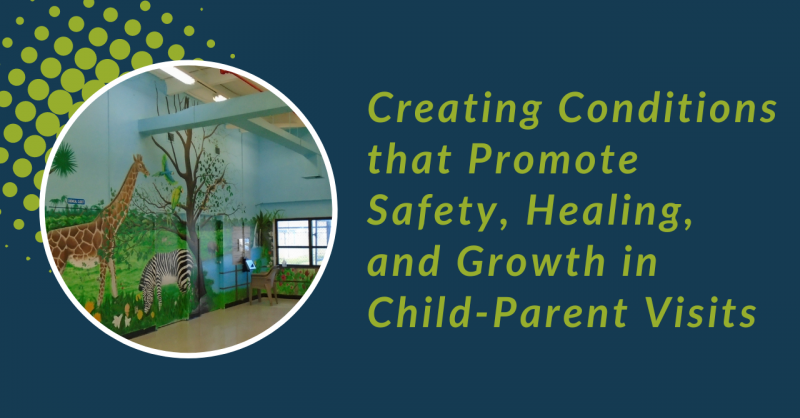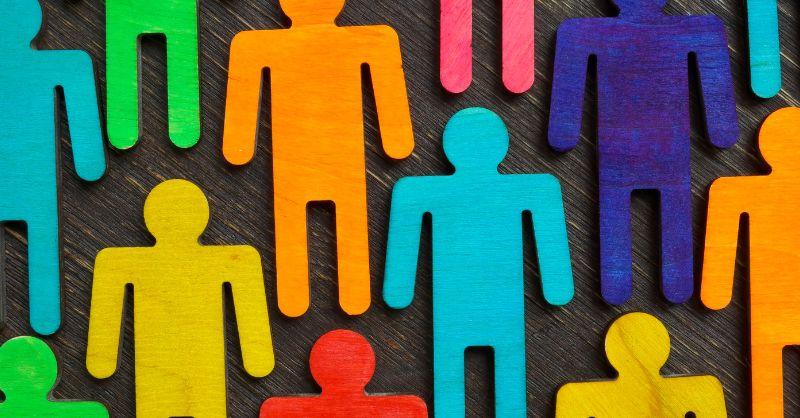Youth who receive special education services under the Individuals with Disabilities Education Act (IDEA 2004) and especially young adults of transition age, should be involved in planning for life after high school as early as possible and no later than age 16. Transition services should stem from the individual youth’s needs and strengths, ensuring that planning takes into account his or her interests, preferences, and desires for the future.
Listening Session Summary: What Youth Want You to Know About Them
This Session Themes section of the Summary presents the ideas and experiences shared by youth during the listening session with youth. It shares what the youth want policy makers, corrections, and youth-serving programs to know about them. All youth who participated in the listening session have reviewed this language and have agreed that this accurately represents their perspective.
- We rely on our own inner strength
- We often grow up too soon taking on responsibilities:
- Taking care of younger siblings
- Getting jobs to help with family finances
- Negotiating care such as physical and mental health services
- Navigating systems and avoiding negative attention from child welfare or human services who might take us or our siblings away
“The toughest thing [about my father’s incarceration] is seeing my mom struggle with money.”
- We face difficulties with the absence of a parent:
- Missing big events like holidays and graduation
- Missing small activities like helping with homework and going to sporting events
- Missing everyday opportunities like being a role model
“You become mentally incarcerated with your parent.”
- We are misjudged by many and negatively judged because of our parent(s) or our parent’s actions
- We are sometimes told we will turn out like our parent(s) and we are constantly fighting against and running from that judgment
- We have different experiences than other youth whose parent is absent for another reason like divorce:
- Not being able to pick up the phone and talk to our parent any time we want
- Not being able to hug our parent during a visit
- Judged differently
“It’s hard when you have no one to talk to.”
- We have different experiences even from each other:
- Living with our parent or not
- Knowing or having a relationship with our incarcerated parent or not
- Being told the truth about the incarceration or not
- Being involved with child welfare or not
- Being involved with juvenile justice or not
- We are not different from other youth in that we are young people, too, with the same needs and wants:
- To be loved
- To have support
- To be successful
- To have friends
- We do not have control over the situation which is difficult:
- We don’t know what to expect with the incarceration process or when visiting our parent in a facility
- We don’t know with any certainty when we will be able to talk to or see our parent again
“Not knowing how long your parent has until you see them again. Anything can happen in prison, you can get killed or hurt really bad. When you see your mom or dad, you look at them like it’s your last visit. That’s something I feel.”
» Return to the overview of the Listening Session Summary page.
» Return to Youth Perspectives page.
Research links early leadership with increased self-efficacy and suggests that leadership can help youth to develop decision making and interpersonal skills that support successes in the workforce and adulthood. In addition, young leaders tend to be more involved in their communities, and have lower dropout rates than their peers. Youth leaders also show considerable benefits for their communities, providing valuable insight into the needs and interests of young people
Statistics reflecting the number of youth suffering from mental health, substance abuse, and co-occurring disorders highlight the necessity for schools, families, support staff, and communities to work together to develop targeted, coordinated, and comprehensive transition plans for young people with a history of mental health needs and/or substance abuse.
Nearly 30,000 youth aged out of foster care in Fiscal Year 2009, which represents nine percent of the young people involved in the foster care system that year. This transition can be challenging for youth, especially youth who have grown up in the child welfare system.
Research has demonstrated that as many as one in five children/youth have a diagnosable mental health disorder. Read about how coordination between public service agencies can improve treatment for these youth.
Civic engagement has the potential to empower young adults, increase their self-determination, and give them the skills and self-confidence they need to enter the workforce. Read about one youth’s experience in AmeriCorps National Civilian Community Corps (NCCC).










